Welcome to the October edition of our Fostering South West newsletter
September has been a busy month across our local council fostering partners. With the return of schools and universities bringing a time of change, we recognise that there are a lot of new starts for families this month. If this has left you with space in your heart and home to support a child looked after, then we would love to hear from you. This month also saw the launch of “Our Fostering Stories” webpage. Here, you can access a range of personal fostering accounts from our existing local council foster carers. As well as accessing old editions of our newsletter. Visit this via the appropriate button below.
We would also like to give a massive thank you to all those who attended our first virtual events this month, it was fantastic to see so many engaged people there.
Keep an eye on our social channels this month for a big announcement coming about our very first brand partner which will give special discounts and opportunities to all of those fostering with our local councils. We will also be running a giveaway competition giving you the opportunity to win a fantastic prize this month!
So, no matter where you are on your fostering journey, we hope you’ll enjoy hearing more. Don’t forget, we’re here for you whenever you feel ready to take the next step, or if you just want some of your questions answered.
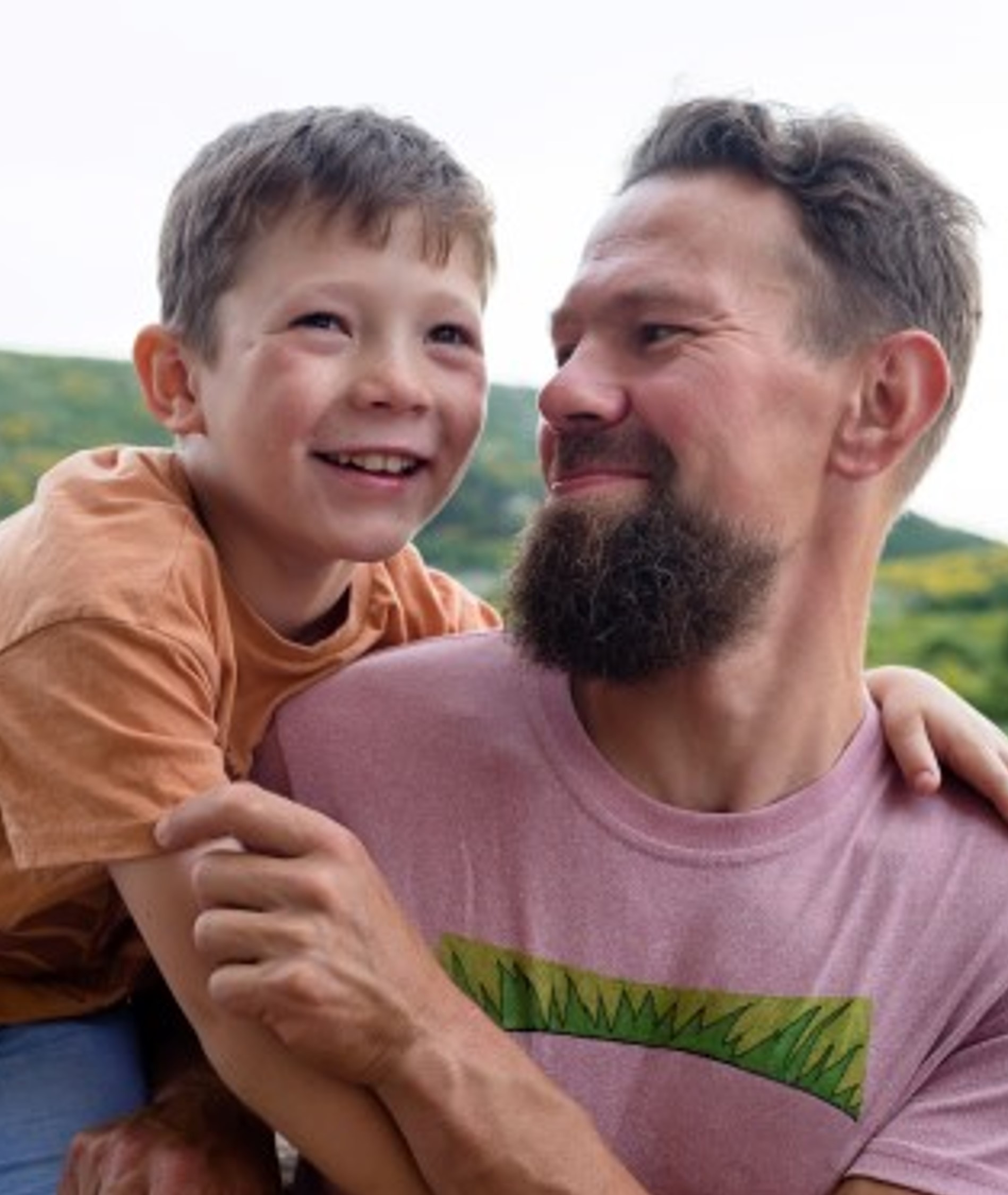
Who are Fostering South West
Fostering South West represent local council fostering across the whole region, joined together for the first time to recruit more foster carers and improve your journey and the outcomes for the children you care for. We’re also working to improve the offer and bring exciting opportunities to existing local council foster carers right across the region.
- Our mission – Children across our region, from babies to young parents, need our support. Each child’s story is unique, but our mission remains the same: to create a better future and shape positive outcomes by recruiting more local council foster carers.
- Our support – We are your local support network, aiding you and our looked after children. We’ve enhanced support for foster carers, from initial enquiries to skill development, and offer expertise, advice, and training throughout your fostering journey. We are also helping expand the Mockingbird programme, giving foster carers an extra support network.
- Our community – With the recruitment of more foster carers, children will be able to remain in the south west nearer to familiar surroundings. Children and young people won’t need to wait as long to find the right home to meet their needs or a place where they can stay without being separated from their brothers and sisters.
Children of Foster Carers Month
October is here and so is Children of Foster Carers Month!
Throughout the month we’re celebrating the incredible children of foster carers and everything they do to make foster children feel safe, welcome and loved.
The story of a fostering family from Bristol City Council in the video is just one example of the hundreds we could tell from across our region. We’re so grateful for the role children play in the fostering process and want to make sure you feel celebrated every single day!
Stay tuned to our social media channels over the course of the month for more stories relating to Children of Foster Carers month.
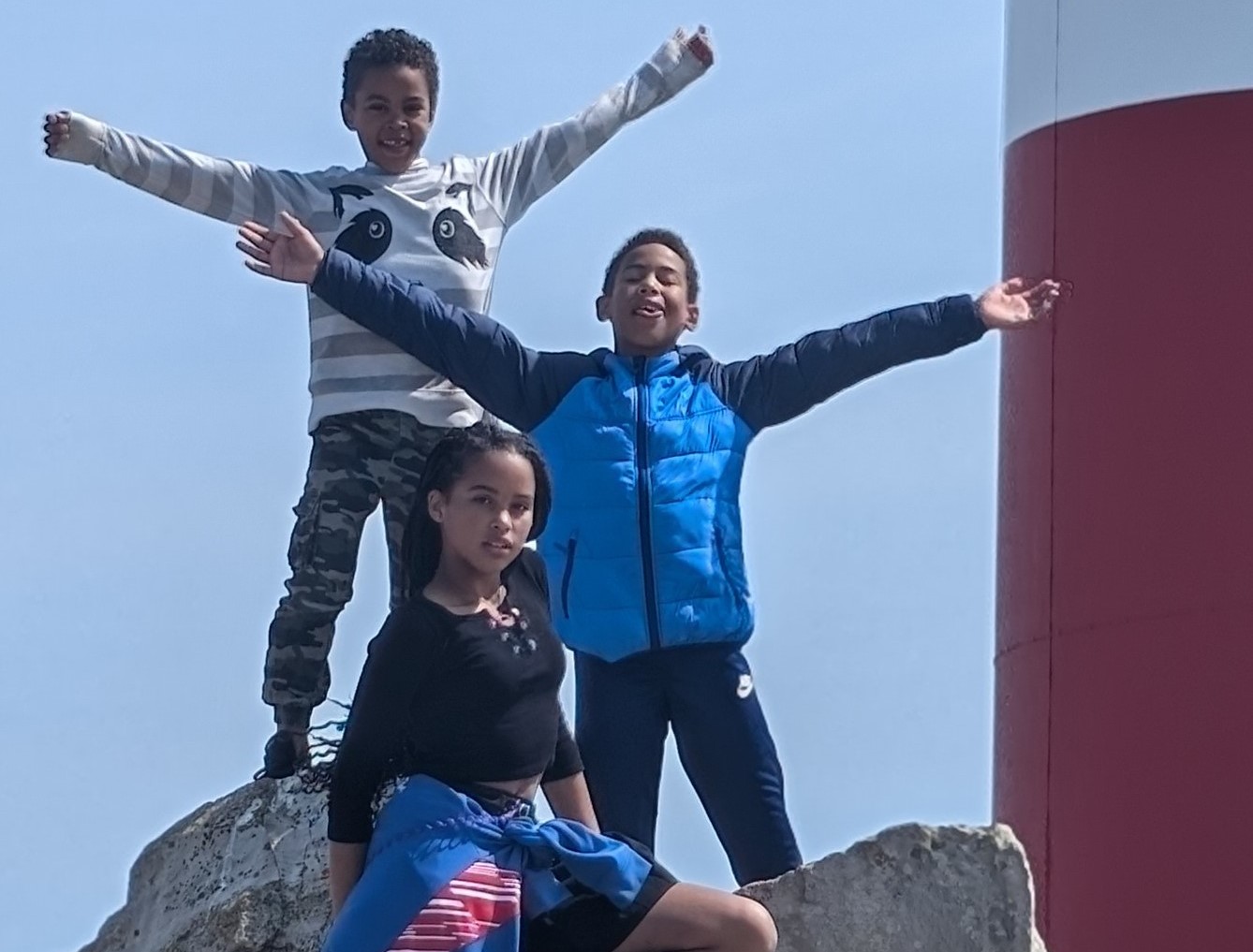
Black History Month
For Black History Month we are highlighting the amazing work Black people involved in fostering do. Below demonstrates the experiences of one of our local council foster carers for Bristol City Council.
“We have been fostering since December 2020. In that time we have had 2 young people stay with us long term both are Muslim and from ethnic minority groups. We have also supported other young people for short breaks.
“As African, British and Muslim children ourselves we have loved welcoming young people into our home and making them a part of our family. We feel like the young people have slotted into our life easily because they look like us and have the same faith so they don’t feel like they are different.”
To achieve the best outcomes for looked after children it is incredibly important to recruit more foster carers that represent the religious, cultural and language needs of our looked after children.
Stay tuned to our social medias over the course of the month for more stories like this.
What is the Form F Assessment?
Every prospective fostering household in the UK is required to complete a Form F fostering assessment. This is to ensure that you are the right person to care for a looked after child and to help you make sure that fostering is right for you and your family.
Here are some key aspects of the Skills to Foster training:
- What happens during this period – You will receive a series of home visits from your assessing social worker. Your local council will also complete background checks as well as go over personal and professional references. If you have not done so yet, you will also be required to have completed your Prepare to Foster training before moving past this stage.
- What is a Form F – All of this information gets pulled together to create a detailed report known as the “Form F”. This is created by your assessing social worker and will be crucial in the final stage of your assessment process.
- What checks are carried out during this? – During this stage, a range of detailed checks will be carried out including; a DBS check, personal and professional references, GP health checks, an enhanced DBS check on anyone aged 18+ living in your home, and any specific checks required by your local council.
Find out more about the different stages of the fostering application process below.
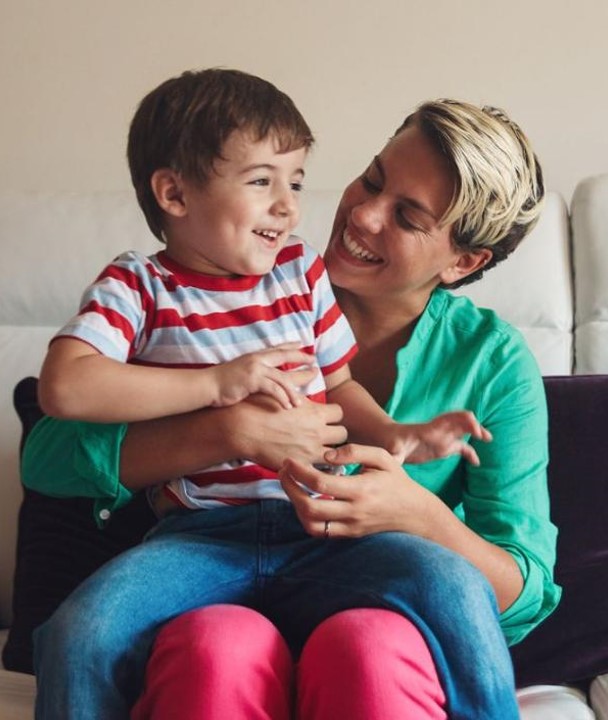

Monthly myth buster
Throughout the course of our newsletters, we want to give a spotlight in each edition to a common misconception about fostering. This month, it’s the myth that your sexuality may prevent you from fostering.
This is a question we are asked a lot. Your sexuality will not stop you from becoming a foster carer – what matters most is your ability to provide a stable homelife and nurture and promote a child’s well being
Any childhood experiences of feeling different, not belonging or feeling rejected because of part of your identity can help you empathise with looked after children, and make it easier for them to believe you when you encourage them to be confident and resilient.
The assessment process evaluates all potential carers’ eligibility to foster, it does not discriminate and sexual orientation will not rule you out as a potential foster carer.
Our recommended read
“Attachment, Trauma and Resilience” by Kate and Brian Cairns is a compelling and insightful book that delves into the complexities of fostering children who have experienced significant trauma and attachment issues. Drawing from their personal and professional experiences, the Cairns share their journey of fostering 12 children over 25 years, alongside raising their three biological children.
The book provides a vivid glimpse into the daily realities of family life with children who have faced overwhelming stress, loss, abuse, and trauma. It explains attachment theory in the context of therapeutic group fostering, offering practical insights and strategies for handling challenging behaviours and promoting resilience and healing.
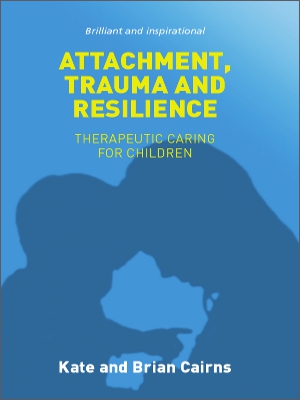
Keep in touch with us
Don’t miss out on our fresh content across our social media channels! Follow them via the buttons below.
